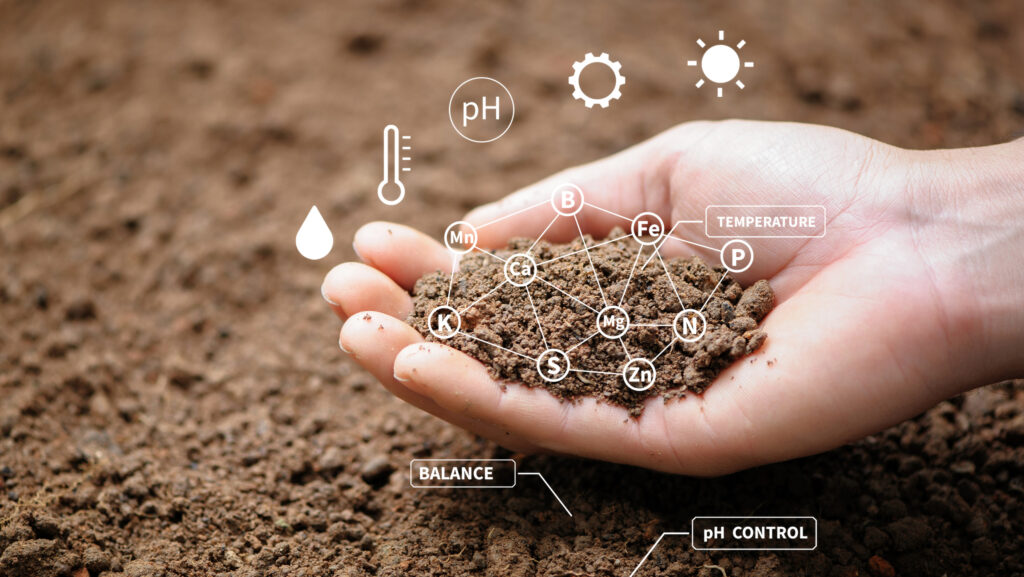Data ownership: Why it pays for farmers to retain control
 © Adobe Stock
© Adobe Stock As the farming industry evolves, the integration of advanced technologies and data systems undoubtedly offers unprecedented benefits.
These tools enhance our ability to make informed decisions, streamline business analysis, and contribute significantly to research and development.
However, as there is growing excitement for these advancements, a critical issue looms large: data ownership.
Having recently viewed some of these new and varied offerings at Cereals, I was impressed by their capabilities. Some features promise to be game changers, enabling farmers to optimise their operations with precision.
Yet, despite these brilliances, my apprehensions about data security and ownership persist. These concerns aren’t new; they have been a significant issue with the current software I use, Gatekeeper.
See also: New scheme aims to protect farmer’s data from misuse
About the author

Will Oliver is a farmer from Market Bosworth in Leicestershire.
As a member of the Farm Development Hub, working with Team Ag UK, I firmly believe that farmers should own their data.
It is our hard work, our land, and our livelihoods that generate this data. Therefore, it is only fair that we have control over it.
Currently, larger organisations dictate the terms and conditions under which we operate their software.
This imbalance of power puts us at a disadvantage and raises concerns about privacy, data misuse, and loss of control over information.
We have a lot to learn before we can make informed decisions and a period of price discovery to enable us to decide what to invest in and how to do that to capture maximum value.
Some issues are being clouded – but why? Data is not a new commodity, and our data is also relevant in an internationally evolving marketplace.
The importance of data in farming today cannot be overstated. It drives innovation, improves efficiency, and leads to sustainable practices.
However, the benefits should not come at such a cost. Farmers should be empowered to set their own terms and conditions regarding data usage.
This shift would ensure that we retain ownership and control over our data, choosing how and why it is used.
Imagine a scenario where, instead of accepting the terms laid out by software companies, farmers could negotiate or set their own terms.
This would encourage a more balanced relationship between farmers and the technology providers. It would also ensure that data sharing happens on mutually agreed terms, enhancing trust and collaboration.
The technology in farming today is undeniably brilliant. It has revolutionised the way we work, making our practices more efficient and our decisions more justified.
However, as we embrace these advances, we must also remember our rights.
Data ownership is not just about privacy; it’s about ensuring that the fruits of our labour remain under our control.
So, while I wholeheartedly embrace the technological advancements in farming, I urge my fellow farmers to consider the implications of data ownership seriously.
We must push for a system where our data is ours to control.
By doing so, we protect our interests as well as our future value and ensure a more sustainable future for our industry.
